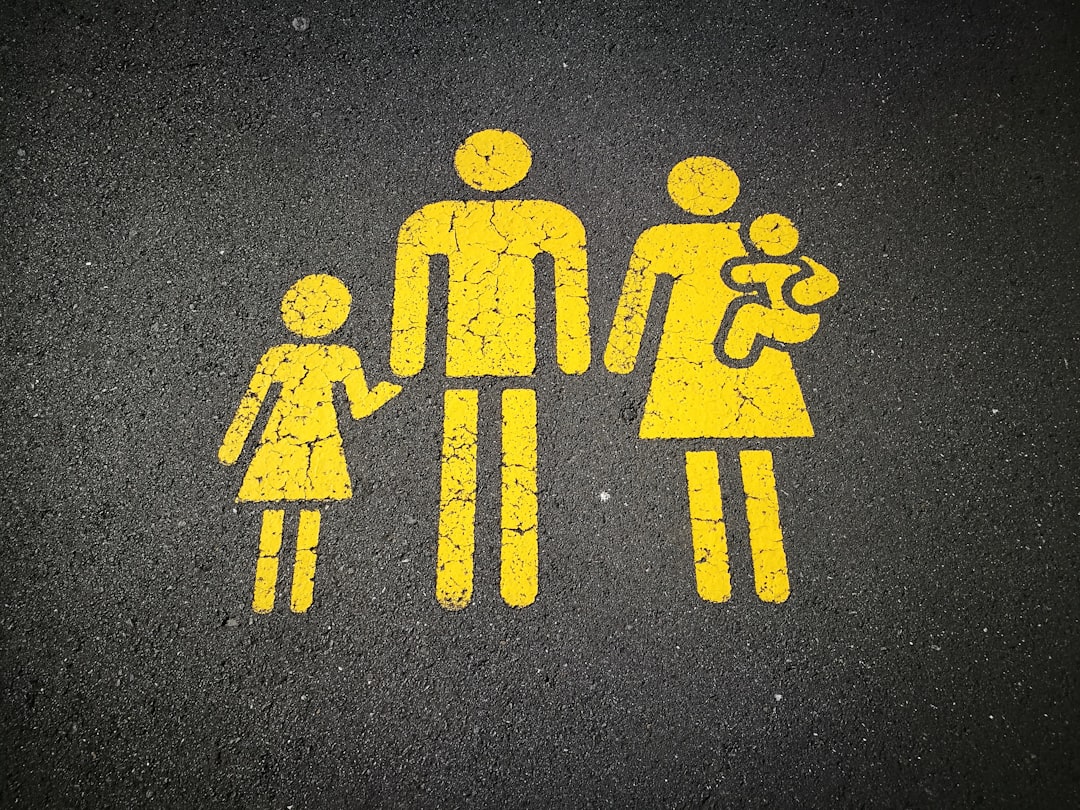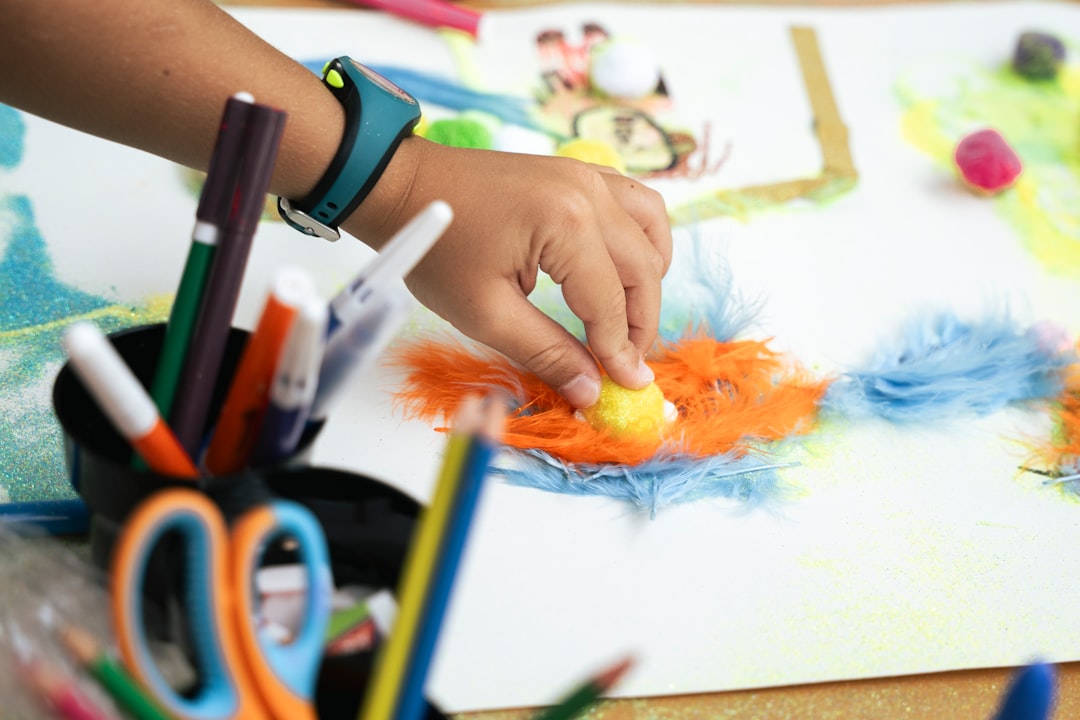In the ever-evolving landscape of child-rearing and education, the strategies that parents and educators adopt can significantly influence a child’s development and success. This article delves into various parenting and education styles, shedding light on their unique characteristics and impacts. By understanding these different approaches, parents and educators can better tailor their methods to foster children’s growth, adaptability, and lifelong learning.
The Foundation of Authoritative Parenting
Authoritative parenting is recognized for its balanced approach, characterized by high expectations coupled with high responsiveness. Parents who adopt this style offer ample support and guidance but also set clear and fair boundaries. This method fosters independence alongside strong social skills and self-regulation. In educational settings, similar principles apply; teachers maintain high standards, while also being supportive and responsive to students’ needs, preparing them for both academic and personal success.
The Freedom of Unschooling
Unschooling is a more radical approach to education that falls under the umbrella of homeschooling but with a unique twist—it advocates learner-chosen activities as a primary means for learning. This method stems from the belief that children are naturally curious and will learn from their environments if given freedom and ample opportunities. Parents who unschool typically facilitate rather than direct learning, providing resources and experiences that align with their children’s interests.
The Discipline of Tiger Parenting
Originating from East Asian cultural backgrounds, but gaining notoriety worldwide, Tiger parenting is often seen as strict and highly demanding. Parents who employ this style have high expectations and impose rigorous rules that must be followed, believing that such discipline prepares children for competitive success. While criticized for being harsh and potentially stifling emotional development, proponents argue it instills a strong work ethic and respect for authority.
The Collaborative Approach of Democratic Education
Democratic education is an innovative style where students have the power to make decisions about their learning processes and environment. This approach is grounded in the principles of equity, freedom, and collective decision-making. In schools that practice democratic education, students are seen as equal stakeholders and are encouraged to vote on key issues, participate in the creation of their curriculum, and discuss their learning preferences openly.
The Support of Attachment Parenting
Attachment parenting emphasizes nurturing a close, empathetic relationship between parent and child. This style involves practices like co-sleeping, extended breastfeeding, and constant physical closeness. The theory suggests that a strong early attachment leads to a secure, confident child. In educational settings, aspects of attachment theory translate into a greater emphasis on understanding each student’s emotional and developmental needs, fostering a secure and supportive learning environment.
In conclusion, the landscape of parenting and education is diverse, with each style offering unique benefits and challenges. By exploring and understanding these different approaches, parents and educators can equip themselves with the tools to provide environments where children thrive, showcasing the multifaceted nature of nurturing and educating the next generation.




